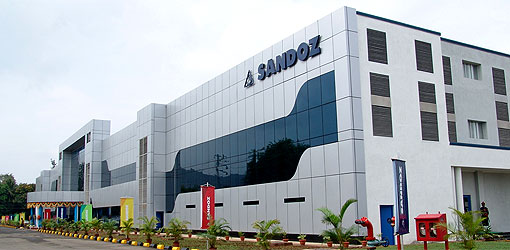Three years after approval, court blocks US launch of Enbrel biosimilar

Sandoz is to appeal a court decision preventing it from launching a cheaper biosimilar competitor to Amgen’s Enbrel (etanercept) inflammatory diseases drug in the US, three years after approval by the FDA.
The biosimilars and generics arm of Novartis wants to launch its biosimilar, known as Erelzi, in the US but is blocked by a legal row over the validity of two patents covering the originator drug in the US District Court of New Jersey.
Erelzi (etanercept-szzs) was first approved by the FDA in August 2016 but the thicket of patents surrounding it give it protection until 2028, even though the original patent expired as long ago as 2012.
The court ruled in favour of Amgen on the validity of two patents that describe and claim Enbrel and methods for making it.
Affiliates of Amgen and the owner of the two patents, Roche, brought the infringement action against Sandoz, which acknowledged that its biosimilar infringed the two patents in seven different places.
But the court found that Sandoz had not met its burden to prove that all seven patent claims were invalid.
A preliminary injunction is preventing Sandoz from launching its biosimilar- but Sandoz called for an expedited appeal in the US Court of Appeals for the Federal Circuit.
Enbrel, which Amgen markets inside the US under an agreement with Pfizer, is still Amgen’s biggest selling drug.
In Q2 alone it generated sales of more than $1.3 billion almost entirely from the US market, and this figure was only slightly down from its Q2 sales from last year.
This is despite the competitive nature of the market for conditions such as rheumatoid arthritis, where there are several other more recently-approved alternatives.
Ironically, Amgen is looking to launch its own inflammatory diseases biosimilar in the US, a competitor to AbbVie’s blockbuster Humira (adalimumab), but must wait until 2023 to launch it when patent protection finally expires.













